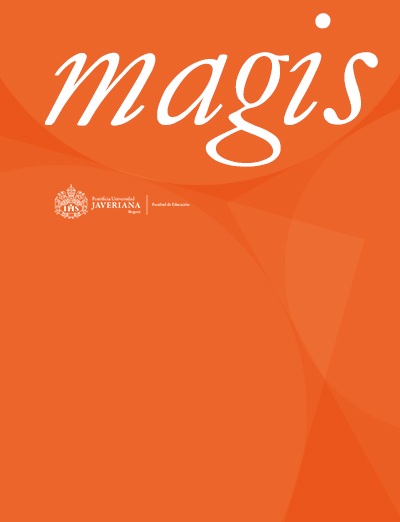Abstract
The pandemic caused by COVID-19 has led many schools, lyceums, and universities worldwide to interrupt their classes, disruptively adopting new educational models covered by ICT. This reality has tested the digital competence of teachers and has led them to face serious challenges. In this sense, the purpose of this research is to establish a diagnosis on the digital competencies of teachers and the challenges faced during the pandemic, which will serve as the basis for a broader study, that aim to design and implement the flipped classroom model, as an innovative pedagogical proposal supported by ICT. It corresponds to a secondary school case study in Dominican Republic, assuming a nonexperimental, transectional, and descriptive design with a quantitative approach. The sample is non-probabilistic and voluntary participants; however, to test normality and randomness, the Kolmogorov-Smirnov statistics and Rachas non-parametric test were calculated. A questionnaire with 78 items subdivided into five sections was applied through Google Forms, where the Cronbach Alpha coefficient calculated in 0.921 confirms its high reliability. Among the most relevant results and conclusions are: a) The majority of teachers are self-perceived with a high level of digital competence, in terms of technological use and literacy (M = 3.20, SD = .551), as well as in educational methodology through ICT (M = 3.00, SD = .455); while perception is regulated to high, on teacher training in the use of technologies (M = 2.93, SD = .583) for a scale of 1 to 4; b) During the contingency, some situations were a challenge for the virtual class (M = 3.70, SD = .794) for a scale 1 to 5, mostly technological and less socio-affective and logistic, being the students most affected; c) The most frequently used technological tools and resources were: WhatsApp, Google Classroom, Google Drive, email and Zoom (mean in the range of 3.30 and 4.87, deviations .346 and 1.547); d) Teachers showed a favorable attitude and agreed to adopt a flipped classroom pedagogical model to innovate their classes (M = 4.13, SD = 1.042).

This work is licensed under a Creative Commons Attribution 4.0 International License.
Copyright (c) 2022 Franmis José Rodríguez-Jiménez, María Elena Pérez-Ochoa, Óscar Ulloa-Guerra


